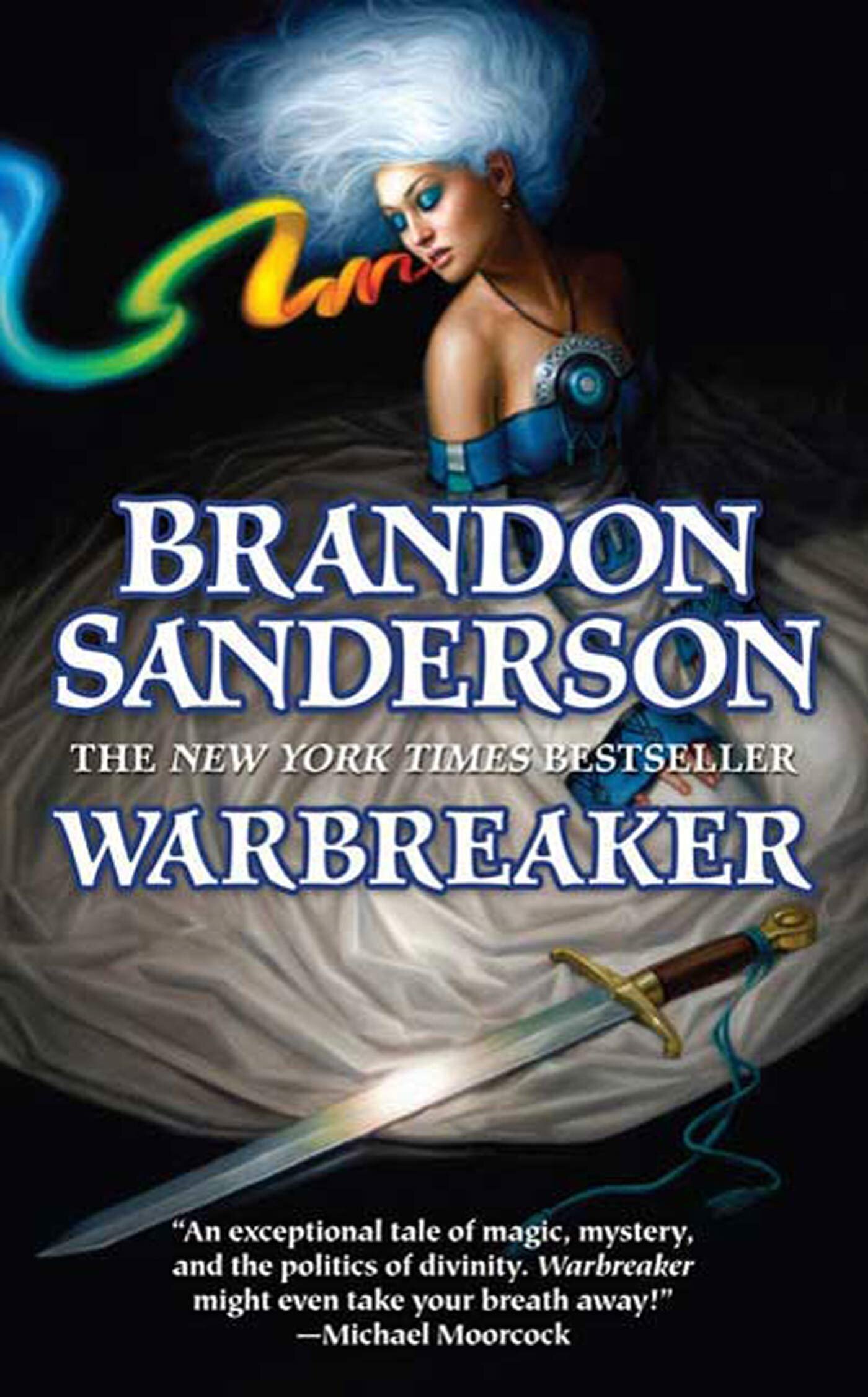Book Review: Witchmark
I have been trying to track down a physical copy of this in bookstores for what feels like an eternity. With COVID happening, I ended up putting in my first online order in a few years and was able to get my hands on this lovely little book. Thankfully, I was not disappointed by the wait.
Miles Singer has been living a quiet life, serving as a doctor in the mental ward of a Kingston hospital and hiding his magic. But when a witch dies in his arms and a mysterious man encourages him to investigate, Miles gets drawn back into Kingston’s upper circles — toward the family and the past he ran away from, and toward a vast, tangled conspiracy tied to an important question. Where are Kingston’s souls going?
Witchmark is heavily concerned with power dynamics and control. It shows in the exploration of witches and how the singers bind the power of anyone possessing a different gift. It shows in the hidden magic of the noble classes, when magic among the rest of society is banned. And it shows in Aeland’s war and the way conquerors get to write history. It’s not a pretty picture, even though the book is couched in a dreamy, steampunk-y sort of tone.
Speaking of which, this is just delightful worldbuilding, really. Aeland and its main city Kingston feel like an alternate universe, late 1800s/early 1900s London. There’s so much to explore here, and Polk smoothly keeps it at just the right distance — little to no info dumping, but still relevant to the story she’s telling. There’s aether, the electricity stand-in which powers much of Kingston’s technology, the provenance of which is never really discussed, until that open question comes roaring back. There’s the magic of Aeland’s ruling families, individual gifts and abilities that range. There’s the Sidhe-like Amaranthine, who have some connection to the afterlife. There’s the war, and Aeland’s powerful storms which need to be controlled. And so on, and so on. It’s masterfully done, fits the book’s tone like a glove, and leaves you wanting more.
The plot is a classic mystery on two levels: why did the witch die and what is the strange malady afflicting so many of the soldiers returning from the war? As with all the best mysteries, they’re connected, and as with all the best mysteries, the threads unspool slowly over the course of the novel. The clues and hints are all there, and I’ll be honest — it took me a little while to put them together. It’s incredibly satisfying though, and it’s plotted very well. The conclusion picks up steam at a good clip and it ends with a very epic showdown that puts Miles to the test.
Which brings us to the characters. Miles is not your typical action hero, and it’s perfectly charming. He has a much quieter strength to him, a force of will, but at his core he’s a doctor. He cares. And that’s one of his greatest strengths. It’s refreshing to read a male character who is allowed to be in touch with his emotions. Miles’ arc is one of growing into his magic, of accepting and becoming proud of who he really is, and of dealing with the lingering familial issues he has.
Grace, his sister, is his opposite in many ways. She feels, in every way, louder than Miles. She has the right type of magic to be accepted into society, and though she has her own problems with living up to her father’s shadow, she is never in danger of being enslaved the way Miles was. Grace has many, many flaws and more than a little arrogance, and her journey here is about having her naivete stripped away — of learning how complicit she is, and the horrors she has perpetuated. It forces her to take a stand (which seems to be part of the sequel, Stormsong).
And then there’s Tristan — enigmatic, powerful, and here on a mission. Tristan is the perfect romantic interest for Miles, in that he encourages Miles to grow and become stronger. He pushes him, and he’s always respectful of Miles’ boundaries. It’s always lovely to see a homosexual relationship depicted with this degree of care.
It’s a really enjoyable story overall, and it has this powerful aesthetic to it that stays with you after you finish. It’s not quite 5 stars for me (missing that certain je ne sais quoi, just like Warbreaker), but I’m so glad I finally tracked down a copy — and even more excited that I have a copy of Stormsong already on my desk.
Grade: 4.5/5 stars
Memorable Quote:
“I could trust his answer, though I shouldn’t trust him. The Amaranthines used to walk the world with us, amused by us, if we were fortunate enough to be amusing. Then they’d left the world to guard the dead, and no one could agree on why. Some said it was a punishment for troubling mortals so. Others claimed they had taken the place of the gods, who had abandoned us to chance. More said they had never been real at all and were just made-up stories to explain what we now understood as mental unreason, or more rudely put, madness.”






